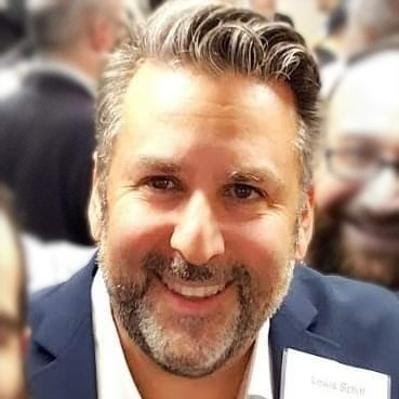Drop off boxes at Limestone Eye Care (left) and Bayview Optometry (right) for the recycling of disposable contact lenses through the Bausch+Lomb /TerraCycle program.
Local eye doctors are helping divert waste by collecting disposable contact lenses and their packaging as part of an Ontario-wide recycling program.
The Bausch + Lomb ‘Every Contact Counts Recycling Program,’ run by TerraCycle, recycles contact lens waste, keeping it out of landfills.
“Programs like the Bausch + Lomb Every Contact Counts Recycling Program allow eye doctors to work within their community and take an active role in preserving the environment, beyond what their local municipal recycling programs are able to provide,” said Tom Szaky, founder and CEO of TerraCycle. “By creating this recycling initiative, our aim was to provide an opportunity where whole communities are able to collect waste alongside a national network of public drop-off locations, all with the unified goal to increase the number of recycled contact lenses and their associated packaging, thereby reducing their impact on landfills.”
Limestone Eye Care, located at 215 Princess Street, is one of two local drop-off locations for the recycling program. Dr. Justin Epstein said that he was approached to join the program in September 2019, and he jumped at the chance.
“I loved the idea – what’s not to love about it?” Epstein stated. “When it comes to safety and prevention of contact lens related eye disease, dailies (which are disposable) are the answer. They pose the least risk of contact lens contamination since it is a sterile lens in your eye every day.”
In the west end of the city, at 1260 Carmil Boulevard, Bayview Optometry recently registered for the B+L recycling program.
“We registered in March this year with the assistance of Bausch + Lomb, and Dr. Alyssa Misener was the one who initiated it,” said Laura Ross, a Canadian Certified Optometric Assistant (CCOA) and Contact Lens Procurement Specialist at Bayview Optometry.
“Obviously, the environmental impact of disposable contact lenses is considerable and we wanted to do our part in not contributing to the problem; making it easy for our patients (and patients who belong to other practices) to have access to a responsible way of disposing of their contact lenses.”
Both optometry offices shared that their patients are often concerned about the environmental impact of daily disposable contact lenses.
“Without a recycling program, these plastics end up in the trash,” Epstein said. “Even if patients try to recycle their contacts, Kingston municipal recycling does not offer contact lens recycling services at this time. Due to the size of the contact lenses and their packaging, these materials are sorted at recycling facilities and directed into a waste stream, contributing to the volume of waste in Canadian landfills.”
Furthermore, the recycling program helps keep contact lenses out of the municipal wastewater, as a fair number of disposable contact lens users flush their lenses down the sink drain or toilet, Ross explained of additional benefits of the program.
“Most people seemed to be throwing out their spent lenses, either in the garbage or tossing them into the toilet, which end up in our waterways,” she shared.
And with the assets boasted by daily lenses, it’s easy to see why the number of disposable lens users continues to grow — and therefore, recycling services are needed.
According to Ross, the advantages of a daily disposable lens include no solution or storing, and better eye health, as well as the choice to wear contacts or glasses on any given day. Epstein shared that the new technology in contact lens materials provides “greater comfort, better vision and healthier eyes than ever before.”
“As a result, patients who have previously failed with contacts in the past are now finding comfort, and the number of people using contact lenses is growing daily,” he stated.
Ross added that more than half of the contact lens wearing patients at Bayview Optometry are using daily disposables, despite the cost being higher than monthly or bi-weekly replacement lenses, which, she said, is due to the convenience and benefits of the style.
Both optometry offices welcome anyone who uses daily disposables to participate in the recycling program, regardless of where they purchase the lenses. The program accepts all brands of lenses and the packaging material, except the cardboard.
Epstein stated that patients often ask what happens to the products after they go into the recycling program. “Once received, the contact lenses and blister packs are sorted and cleaned,” he shared. “The metal layers of the blister packs are recycled separately, while the lenses and plastic components of the blister packs are melted down into plastic that can be remoulded to create new products, such as benches, picnic tables, and playground equipment.”
Contact lens wearers can visit
Limestone Eye Care at 215 Princess Street, and
Bayview Optometry at 1260 Carmil Boulevard to drop off their used lenses and packaging.
Learn more about the Bausch + Lomb program on the
TerraCycle website.

